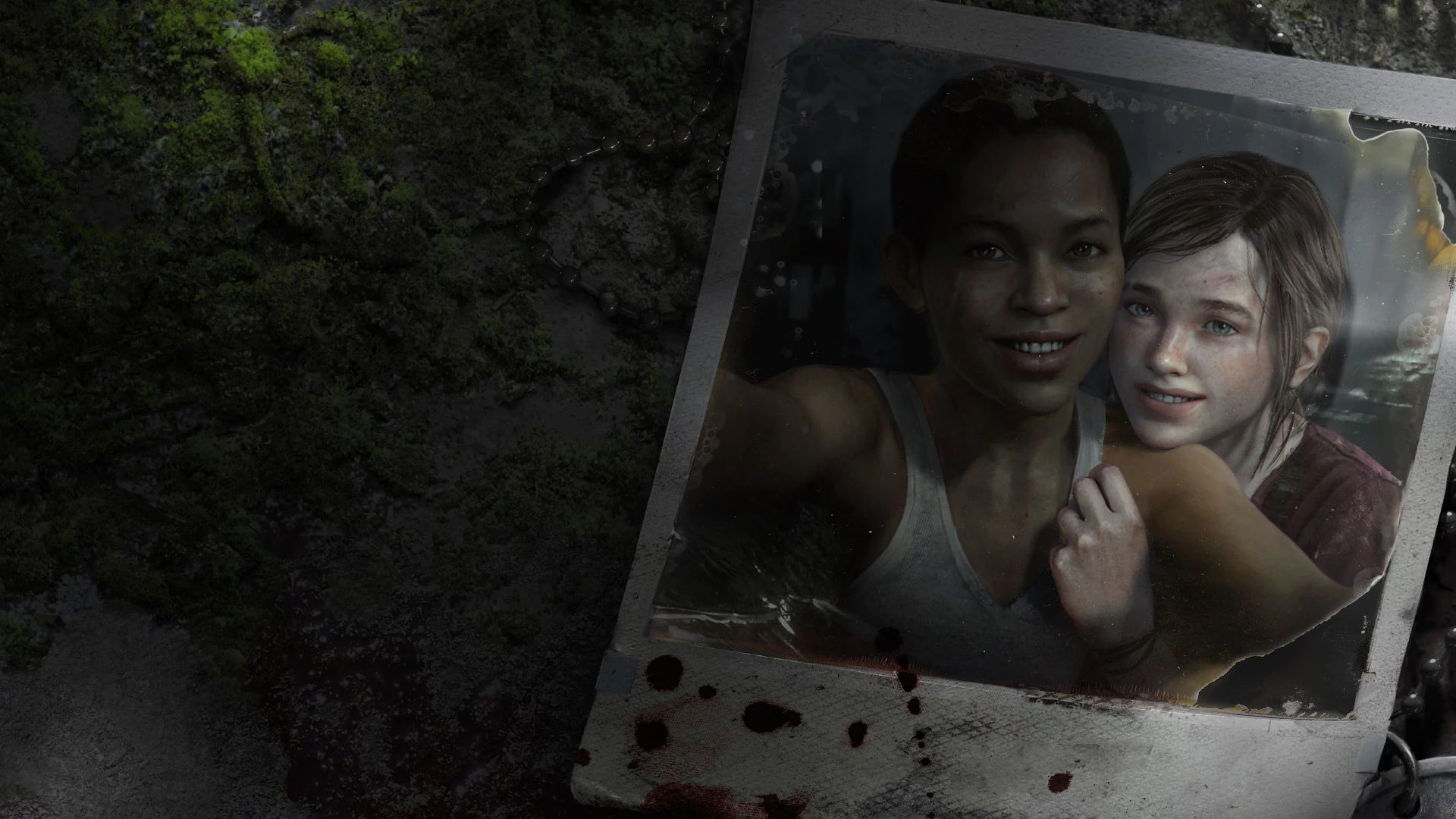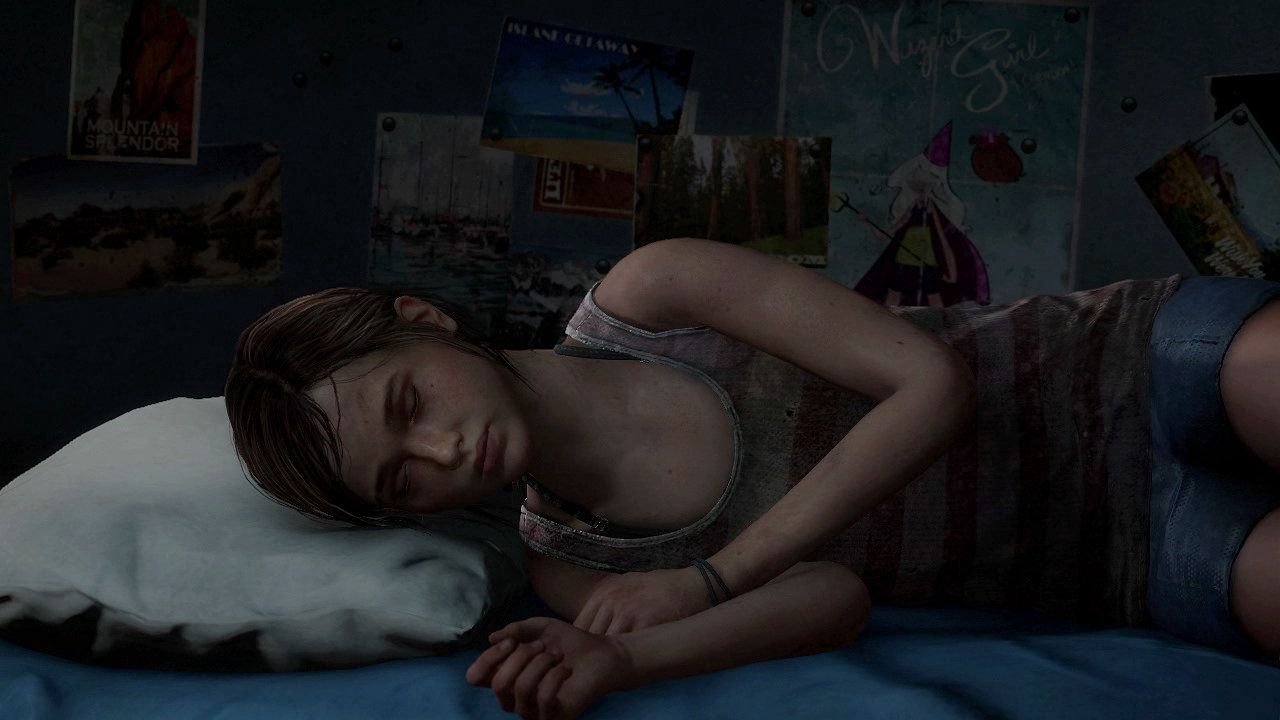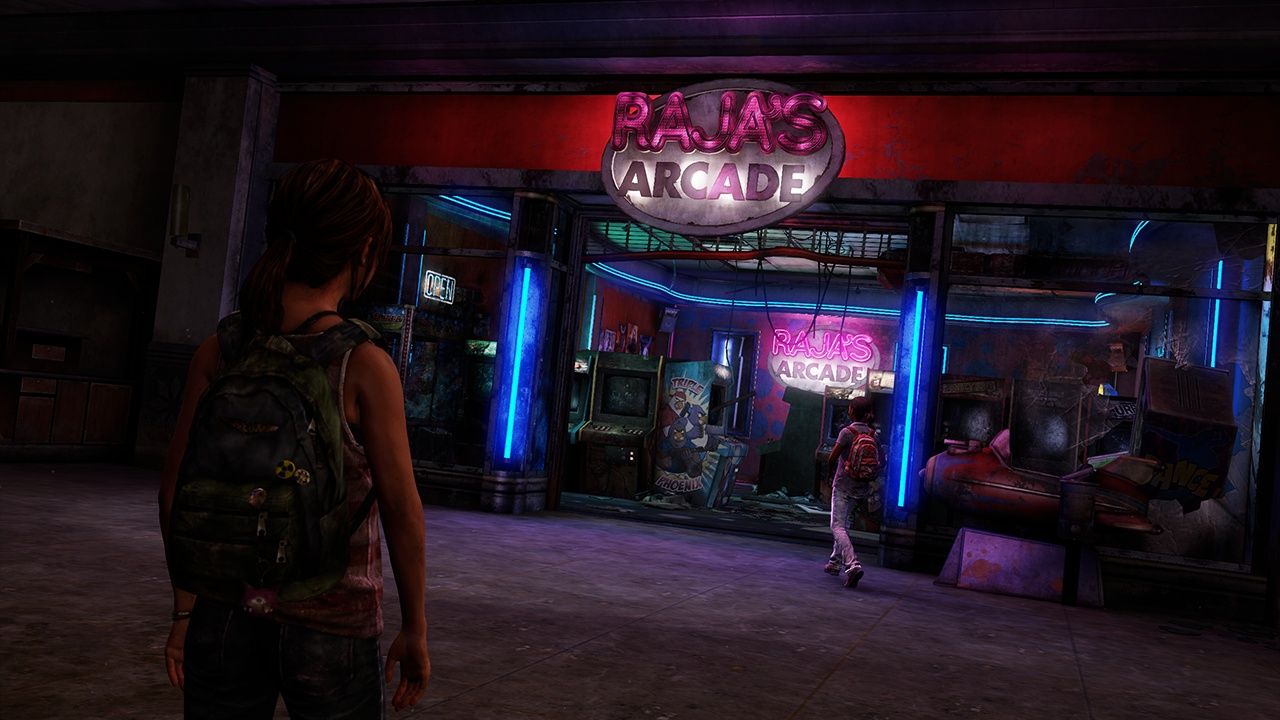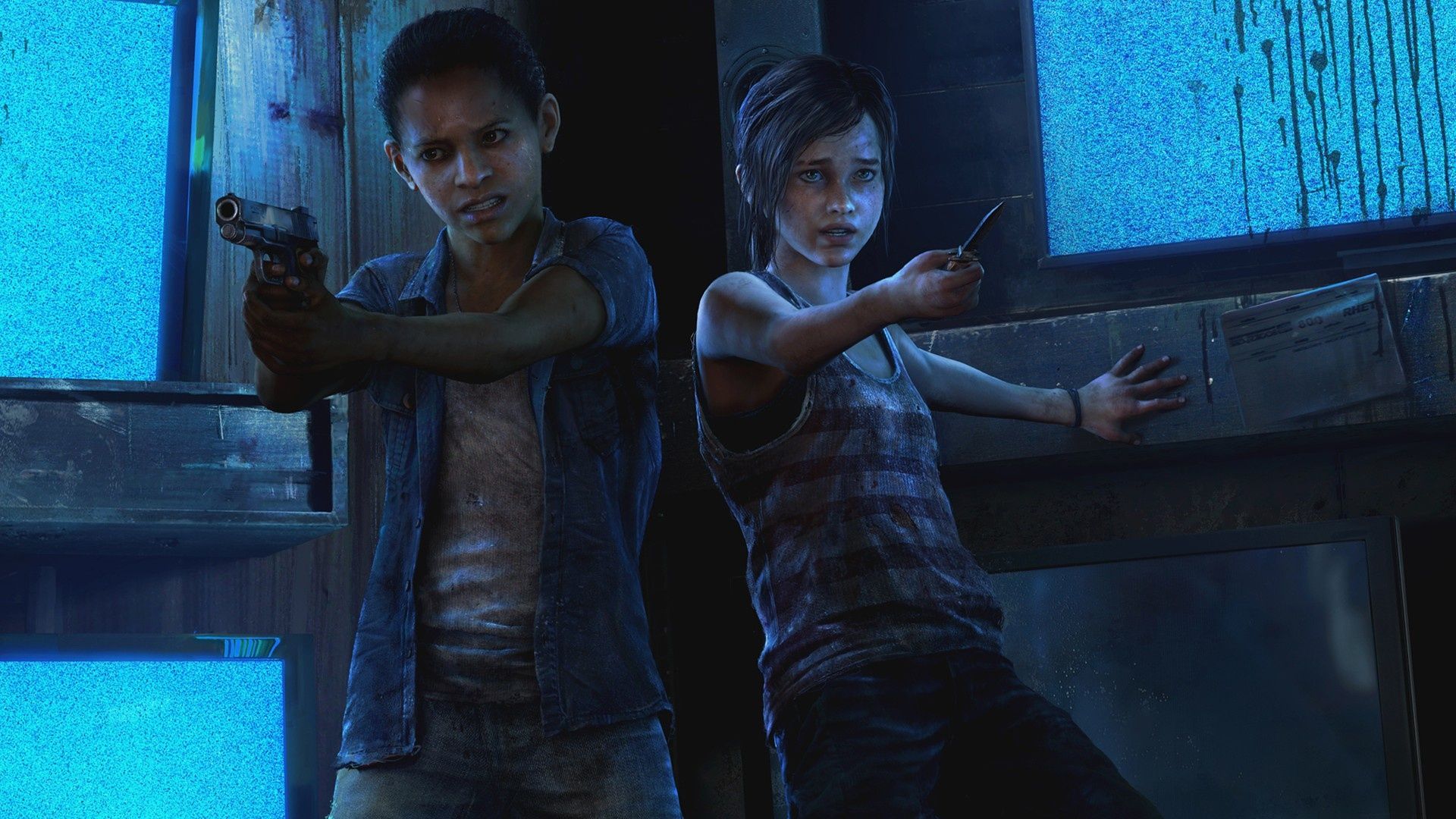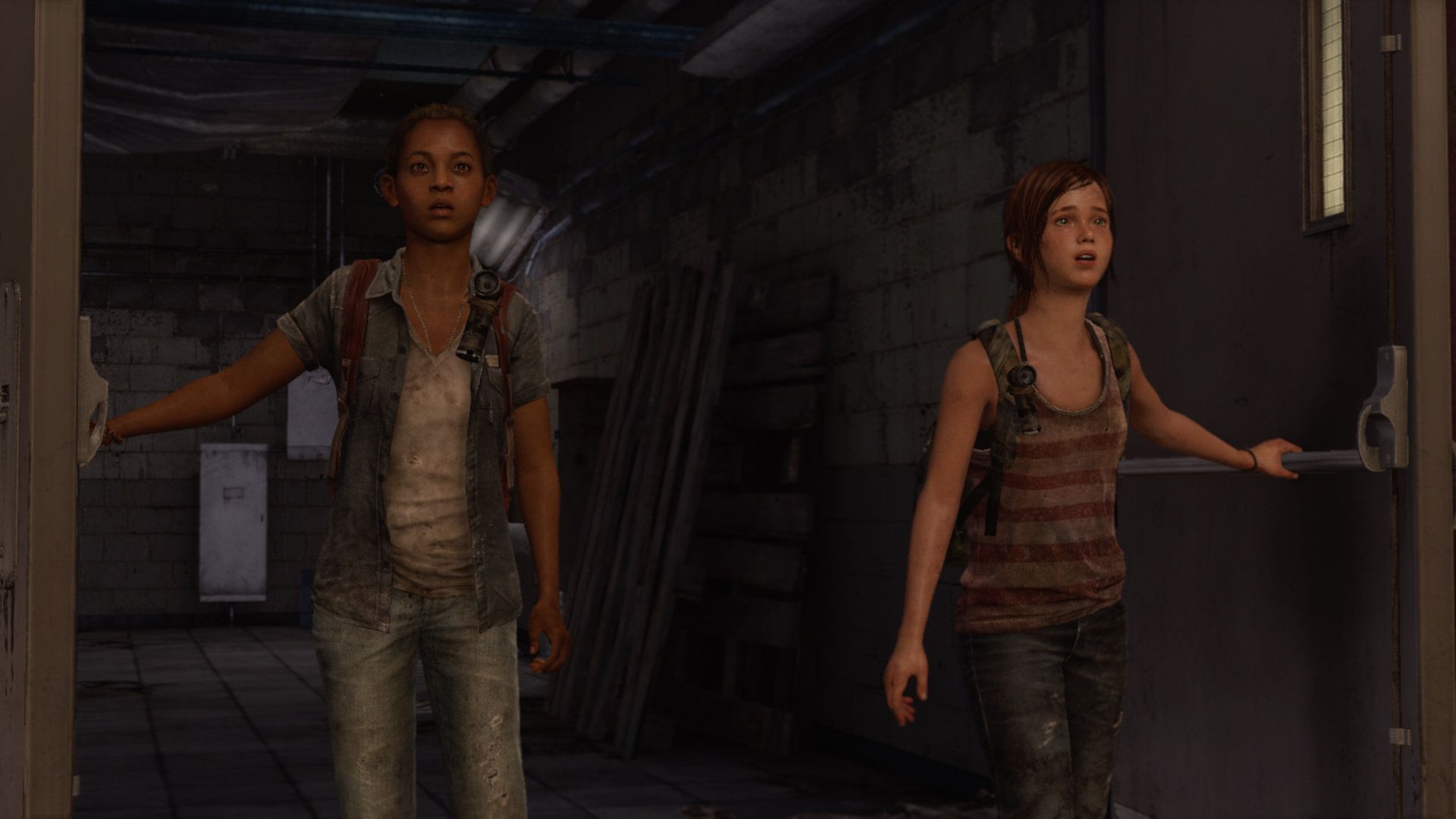LGBTQ+ representation has come a long way in the past ten years. So much progress is yet to be made, but I can now chart a concrete path of games, shows, films, and books that have provided agency to queer people in modern media. Many of these stories are sadly still told by well-meaning cis people instead of from a genuine perspective, but knowing they not only care, but understand the importance of moving this representation forward until it becomes a welcome facet of normality, makes it that much easier to contend with.
The Last of Us Remake arrives this week, bringing visual, mechanical, and accessibility improvements to one of the greatest games ever made. As an industry we have come to view it as a benchmark. Naughty Dog’s approach to themes and characters became a bedrock for an entire medium to build upon.
It’s one of my favourite games of all time, but after 9+ years I’ve come to understand its shortcomings. It is hopelessly dour and often clichéd, while queer storytelling I once admired is now marred in hurtful tropes that I can’t help but look down on. Ten years ago it was a step forward, but now it’s an unfortunate reminder of how far we still have to go.
Ellie and Riley’s teenage romance is incredible, yet it begins moments before tragedy buries these queer characters forever. It isn’t deserved, only serving to perpetuate misery in a world in dire need of any form of salvation. Left Behind is a journey of youthful discovery that serves as an escape from the apocalypse. These are two girls who have spent their lives hopping between quarantine zones and abiding by an authority that puts violence and confrontation above any form of societal progress.
We are in the company of inherently broken people, and after the main narrative concludes with a waterfall of bloodshed, and lies in service of cultivating hope even if it dooms humanity to ruin, this expansion is a flashback to a simpler time in the lives of characters who are yet to have their entire existence uprooted. Ellie and Riley might seem like they are subject to an unfair and almost fascist system, but in reality this is everything they’re used to. Armed guards, mandatory curfews, and a world largely cut off from being discovered for their own safety are things they experience each and every day.
So when they decide to escape and kindle a romance under the dwindling lights of an abandoned shopping mall, we begin to understand the worthwhile beauty that comes from getting away for even a single evening. Aside from the flashbacks mirroring Joel’s potential demise, there isn’t much combat to be seen here. It certainly isn’t the part of Left Behind we care to remember. It is all about the quieter moments of pilfering Halloween decorations in abandoned stores and schmaltzy photo booths where snapshots of happiness are captured in the midst of melancholy. It’s the chance at peace we arguably wanted from the base game, but it all comes crashing down before we even have a chance to savour it
Burying your gays is less commonplace nowadays, but for so long it was an unfortunate trope of queer storytelling where it seems that same-sex couples weren’t deserving of love, or must go through unparalleled turmoil before meeting their death. We have seen our favourite characters torn apart, almost like queer couples aren’t allowed to experience love, unless there is a concrete chance of it suddenly being snatched away. While The Last of Us Part 2 would more than make up for its predecessor’s mistakes, Left Behind still leaves a bitter taste in my mouth.
Riley is an excellent character. She is braver and more bashful than Ellie, cursing them with infection because she is so eager to usurp authority before she is forced to move away. This is their last chance to admit their feelings for each other, even if it all spills out in the aftermath of a water gun fight as a horde of infected storm the halls. Aside from a fleeting kiss, there is never a chance to appreciate their sudden confession, or to bask in the delightful confusion and unexpected euphoria that comes from pouring your heart out as a teenager. The malaise is replaced by a need to survive, adrenaline blurring into a linear sequence until our heroes come out of the other end to greet a slowly encroaching death.
They promise to lose their minds together, but we all know that doesn’t happen, and our heroine is forced to watch her first love perish right in front of her. For such a young queer character in one of the biggest games ever made, you’d hope to see her offered a better hand. I understand The Last of Us is a miserable game in a miserable world with miserable characters, but when the most pronounced tragedy is placed on an otherwise groundbreaking queer character I can’t help but feel bitter about things. Left Behind is a flawed triumph all these years later, and looking back on what it meant to me then is a bittersweet reminder that as a teenager I would foam at the mouth for any and all representation.
I’m not saying that every queer story needs to have a happy ending – if anything I admire ones that lean into relatable struggles – but when they all end in death with no chance of reconciliation, it points to an inability to represent them without resorting to tragedy.
The Last of Us does this twice, and it would take the better part of a decade and a subversive sequel to make up for its mistakes. As the remake arrives this week, it’s worth admiring Left Behind for all it achieves while understanding exactly where it falls short. LGBTQ+ representation has moved on, and The Last of Us played a part in that progress by making mistakes we would all come to learn from.

